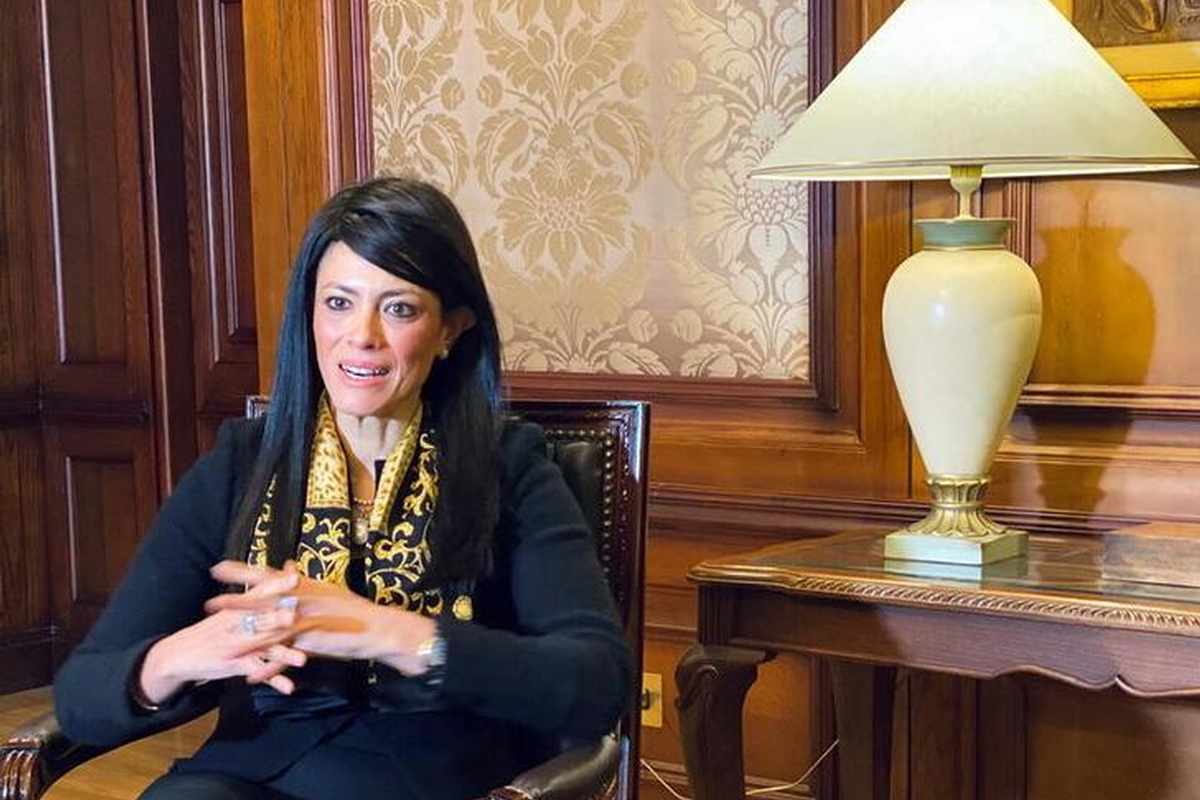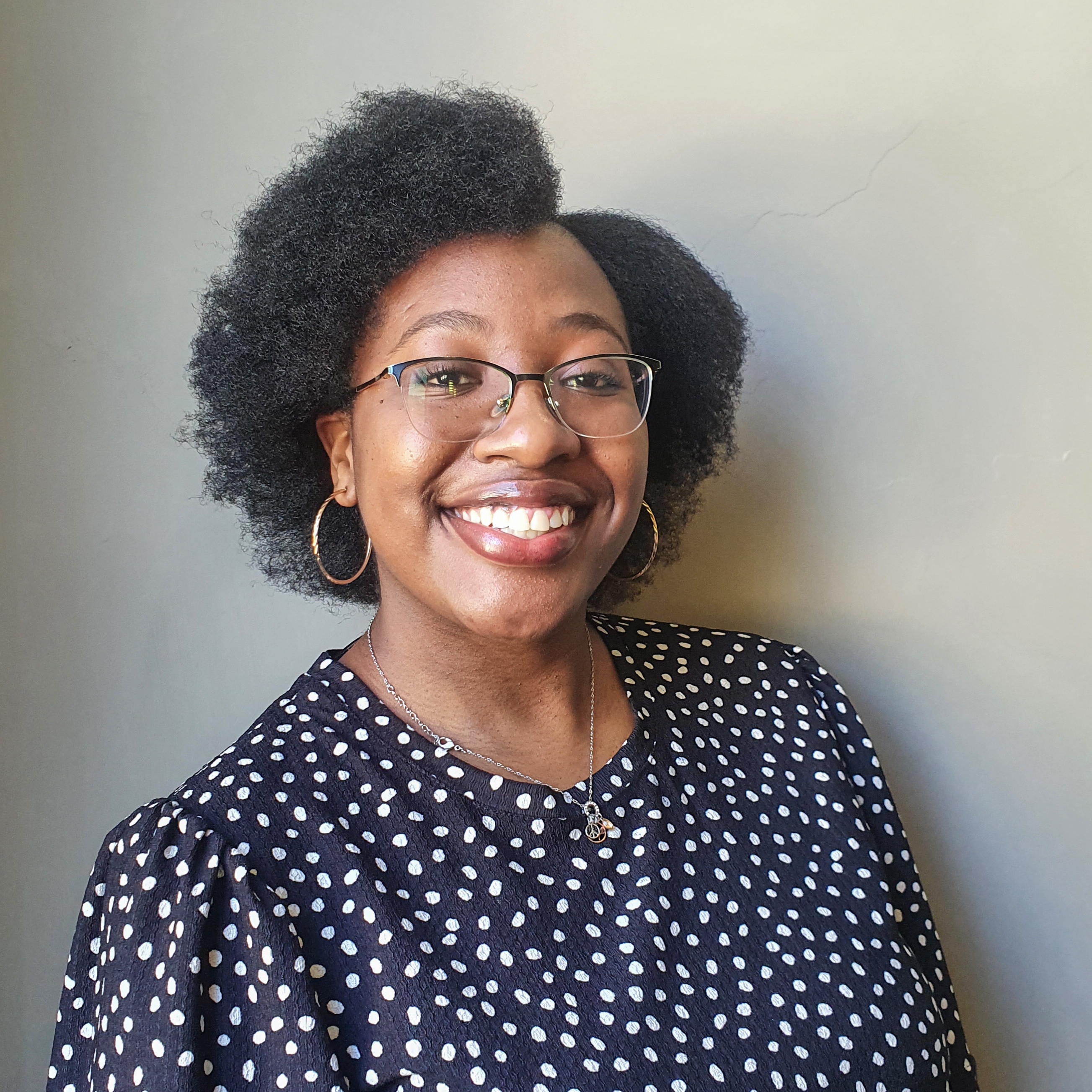Press release 11th October 2021.
The British Council in collaboration with Microsoft has launched a new programme to help young Nigerian entrepreneurs in the creative economy sector shape the future of the continent.
Aspiring and early-stage young Nigerian entrepreneurs in creative industries like fashion, music, film and photography are being offered the chance to join a new e-learning programme launched by the British Council.
The Creative Economy E-Learning programme delivers a collection of free courses for the next generation of African leaders to support them through their business journey.
It is part of a wider creative economy project being made available by the British Council, the United Kingdom’s international organization for cultural relations and educational opportunities, to create stronger partnerships between countries in sub-Saharan Africa and help develop an ecosystem in which young entrepreneurs can thrive.
To find out more about the programme and sign up, participants can visit this website Creative Economy E-Learning Programme | British Council.
Boosting potential
The creative economy has the potential to provide livelihoods for a new generation of African entrepreneurs, whether building on cultural traditions or pursuing new ideas. It is one of Africa’s economic main drivers.
Sub-Saharan Africa is experiencing a significant bulge in its youth population, which is expected to double to over 830 million by 2050. This growth will bring unprecedented opportunities for investment and innovation. Entrepreneurship, currently booming in Africa, is likely to break new grounds with more entrepreneurial youth stepping up to shape the future of the continent. However, many young Africans lack the skills and training to develop their ideas into workable businesses and find it difficult to access support.
Ojoma Ochai, Regional Director, Arts and Creative Economy Programmes, Sub Saharan Africa at the British Council said:
“The creative economy sector has proven to not only be a source of identity and meaning in many countries of Africa, but also an important economic driver. It is crucial that we contribute to supporting the youth in this sector to acquire the skills they need to take ownership of their livelihoods and be in the driving seat of the development process of their continent.”
Shaping the future of African youth
The programme aims to:
- Empower young African entrepreneurs to take ownership of their livelihoods,
- Focus the entrepreneurial enthusiasm of young Africans through a platform for self-learning, and
- Build a new generation of creative entrepreneurs to boost the economies of African nations.
Starter pack for successful entrepreneurs
The programme features three modules with a wide range of courses designed to help entrepreneurs with every aspect of their entrepreneurial ventures. The first module, Creative Entrepreneurship, features introductory courses for aspiring young entrepreneurs as well as intermediary ones for early-stage entrepreneurs which will teach them about growth strategies for creative enterprises and finance management.
Social Impact through Creative Entrepreneurship is the second module the programme offers. It will provide participants with an understanding of impact entrepreneurship, social innovation and factors to consider in pivoting enterprises to achieve social impact. The last but not least module, Creative Economy Policy, covers relevant policy concepts.
This programme will give participants access to sustained support which includes mentoring, coaching, incubation and acceleration. After completing the programme, participants will receive a certificate to evidence their achievement.
Salamatu Adamu, Nigeria-based photographer & Founder of Sal’s Epiphany Studio, said:
“This programme will help me to understand my value as a creative person. Having a course that’s specifically for creatives is already giving me motivation and assurance that what I’m doing has value. The course will also help me to learn about the value of my offering and how to charge people for it. I will also be able to guide other creatives around me by employing them and allowing them to get value for the work that they’re offering.”
As part of this programme, the British Council partners with African local networks and influencers including:
- Ventures Platform
- Aspen Network of Development Entrepreneurs South Africa (ANDE South Africa)
- Association of African Entrepreneurs (AAE)
- Junior Achievement Nigeria
- eKasi Entrepreneurs
- Junior Achievement Kenya
- Junior Achievement South Africa
- Seed Ambition by Andrea Iyamah (Nigerian Fashion Designer)
- Loy Okezie, Founder, TechLoy
- Nour ElDean, Visual Artist (Egypt)
- Campeedia
- Generation Africa
- Entrepreneurship Development Centre
- Ghana Chamber of Youth Entrepreneurs
- Engine Business Network
- Sudan NextGen
Moses Anibaba OBE, Regional Director Sub-Saharan Africa British Council, said:
“Collaboration is at the heart of everything the British Council does. It is important for us to partner with successful entrepreneurs and local networks so they can help inspire like-minded, young Africans working in the creative economy sector to encourage them to become key players of the economic development of their continent.”
“The British Council understands the importance of helping African youth contribute to the development of the continent and equipping them with the tools they need to boost their businesses” he added.
Partnership with Microsoft
The collaboration between British Council and Microsoft will provide access to Microsoft digital curricula and tools and build capabilities, the capacity of government and non-profit trainers and employment relation Leads.
Ghada Khalifa, Regional Director of Microsoft Philanthropies for the Middle East and Africa, noted, “the youth of today are the entrepreneurs of tomorrow, driving our future economies. We must therefore equip young people with the skills they need to ensure business success in an ever-evolving, digitally dominated society. It’s a goal we can achieve through strong public- and private-sector partnerships, and by leveraging the collaborative power of technology to facilitate growth and learning, despite geographic location or socioeconomic status. Creative industries were hard-hit by pandemic lockdowns but empowering this sector’s up-and-coming entrepreneurs will go a long way toward future-proofing this vital part of our economy and culture.”
Notes to editors
Video here: https://youtu.be/MJ_fgtGx07w
Visual creative assets: can be accessed here
For more information please contact:
Jhilla Khodaie, jhilla@allegoryagency.co.uk, 07340 738013
Per Behzat, per@allegoryagency.co.uk
Available for interviews:
- Salamatu Adamu, Founder, Sal’s Epiphany Studio
- Ghada Khalifa, Regional Director of Microsoft Philanthropies for the Middle East and Africa.
- Rasheeda Nalumoso, Programme Manager, Creative Economy British Council.
To sign up, please visit Creative Economy E-Learning Programme | British Council.
About the British Council
The British Council is the UK’s international organisation for cultural relations and educational opportunities. We build connections, understanding and trust between people in the UK and other countries through arts and culture, education and the English language. Last year we reached over 80 million people directly and 791 million people overall including online, broadcasts and publications. Founded in 1934, we are a UK charity governed by the Royal Charter and a UK public body. We receive a 15 per cent core funding grant from the UK government.
About Microsoft
Microsoft is promoting digital transformation for the era of cloud computing and smart technology. Its mission is to empower every person and organization on the planet to do more. For more information, news and insights from Microsoft, please visit Microsoft’s MEA news centre at the Middle East & Africa News Center (microsoft.com).


